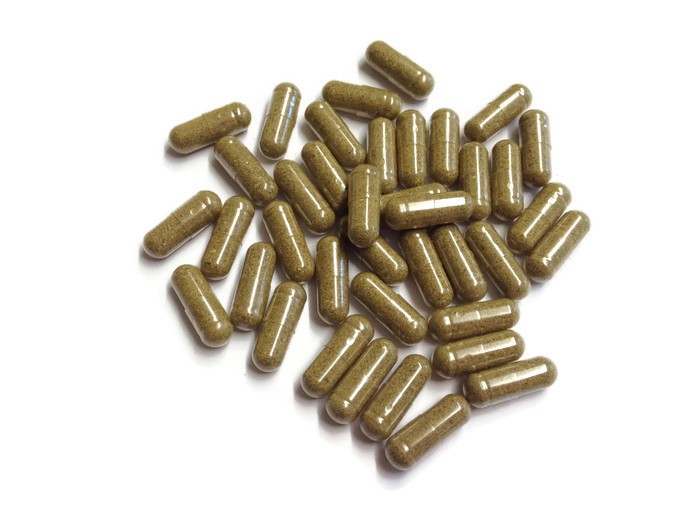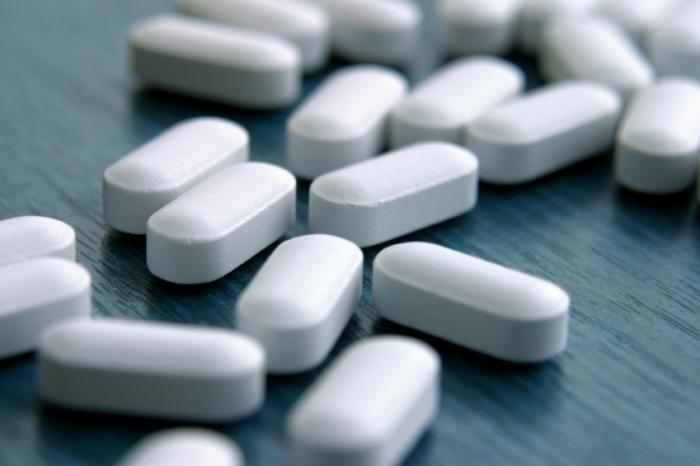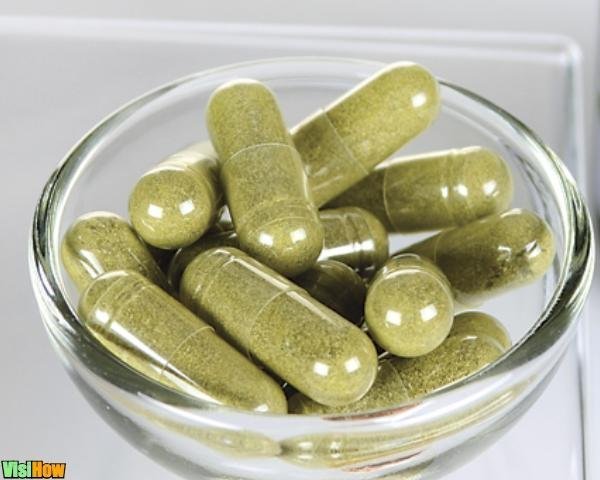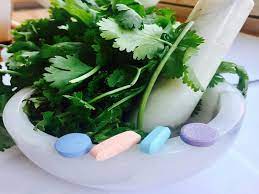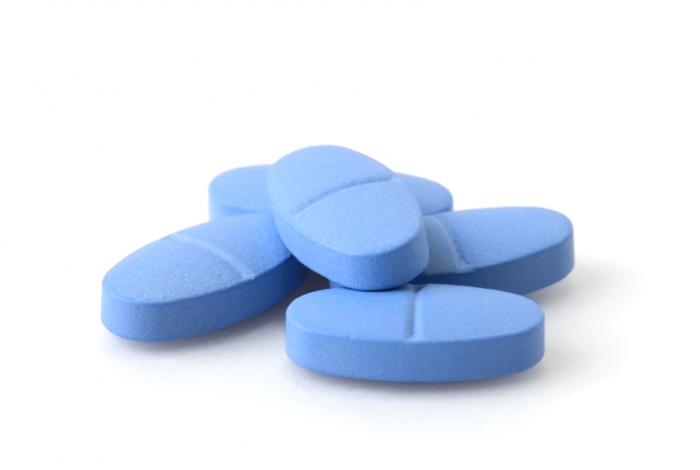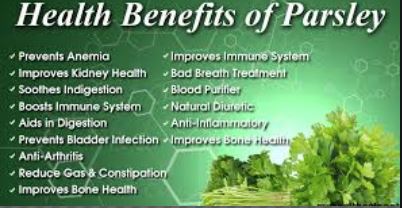Can Thyme increase your blood sugar level?
Thyme interaction with Drugs

Interactionrefers to a potential risk that could develop inside the human body when two or more drugs, products, interact with one another. This could result in certain unwanted health conditions.
Natural herbs such as thyme are generally considered safe when taken in food amounts but might be harmful when consumed as a medicine amount like supplements. If an individual is medicating with certain medical drugs to treat any condition, there might be a possibility of interaction between those drugs and sage. This could cause complications in the condition that is to be treated or could result in new unwanted conditions.
Such interacting medical drugs include:
- Anticholinergic drugs– These drugs are used to block the effects of a natural chemical in the body called Acetylcholine. Thyme could cause an increase in this natural chemical. Combination of both might block the effects of anticholinergic drugs.This might increase the risk for confusion, increased heart rate, increased sweating, blurred vision, etc.
- Antiplatelet/Anticoagulant drugs– Intake of Thyme along with drugs that resist blood clotting could increase the risk of bruising and bleeding. Drugs that decreases blood clotting includes clopidogrel (Plavix), enoxaparin (Lovenox), warfarin (Coumadin), aspirin, dalteparin (Fragmin), heparin, ticlopidine (Ticlid), and several others.
- Estrogen– Thyme might act like estrogen in the body. Intake of thyme along with estrogen might decrease the effects of estrogen.
- Cholinergic drugs– These drugs are used to increase the effects of a natural chemical in the body called Acetylcholine. Thyme could cause an increase in this natural chemical too. Combination of both might increase the symptoms associated with high levels of acetylcholine.
There could be several other medicines causing interaction with thyme in an unusual manner. It is recommended to consult a doctor or health professional to get complete information regarding thyme and its safety with any other interacting drug.
Precautions and warnings before using Thyme
Although being a natural herb that is used for a number of medical and food applications, there are certain medical conditions in a human body in which intake of Thyme must be limited or avoided in order to prevent complications. Interference of this herb could result in worsening of certain medical conditions or might cause other unwanted conditions.
Such medical conditions includes:
- Pregnancy– Consuming Thyme during pregnancy is likely to be considered safe when consumed at a food amount during pregnancy. However, there is not much information regarding its safety in larger amounts. Therefore, it is advisable to stay on the risk free side and avoid consuming more than food amounts.
- Breastfeeding– There is not enough scientific evidence regarding the safety of a breastfeeding woman or nursing child when Rosemary is consumed. Therefore, it is advisable to consult a doctor before consuming rosemary during breastfeeding or keep it in food amounts.
- Allergy– People who are allergic to thyme or any of its native plants such as basil, parsley, etc, must avoid consuming it.
- Children– Thyme is usually safe when taken in a food amount for children. However, safety of this herb in long term use is not justified yet.
- Hormone sensitive– Thyme might consist of effects that are similar to Estrogen. If an individual is dealing with any hormone sensitive condition that gets affected by estrogen, it is recommended to avoid consuming Thyme.
- Surgery– Thyme might lower blood sugar level which might cause complications when sugar level has to be controlled during and post surgery. It is advisable to avoid consuming Thyme at least 2 weeks before undergoing any surgery.
It is advisable to inform the health professional regarding all kinds of medical conditions an individual might be diagnosed with, before consuming thyme to avoid complication of the ongoing medical condition or development of newer unwanted conditions.
Side effects of using Thyme
Interaction of Thyme with several medical drugs and no precautionary actions against several medical conditions may cause certain unusual or allergic side effects and condition in a human body that includes:
- upset stomach
- dizziness
- skin irritation
- seizure
- increase in Acetylcholine
- increased risk of bleeding/bruising
- changes in blood sugar level
- headache
- cramps
There could be more side effects not mentioned in the above list. An individual must make sure to consume Thyme with proper precaution and avoid interaction in order to prevent side effects. However if side effects are observed, it is advisable to contact a doctor or get immediate medical attention as soon as possible if necessary.
Overview:
- Thyme is expected to interact with several medicines of different drug categories causing more harmful effects to the body.
- Individuals dealing with certain medical conditions must discuss with a doctor before consuming sage as it may cause worsening of conditions or could develop new unwanted conditions.
- Drug interactions and medical conditions might cause several side effects and allergic reactions in the body while consuming thyme which must be informed to the doctor if they persist or get worse.
REFERENCES:
- https://www.medicalnewstoday.com/articles/266016#benefits
- https://www.healthline.com/health/health-benefits-of-thyme
- https://www.webmd.com/vitamins/ai/ingredientmono-823/thyme
- https://www.rxlist.com/thyme/supplements.htm
- https://www.britannica.com/plant/thyme
- https://www.lybrate.com/topic/benefits-of-thyme-and-its-side-effects
- https://www.verywellfit.com/thyme-benefits-side-effects-and-preparations-4178781
- https://escop.com/interactions/
For more details, kindly visit below.







